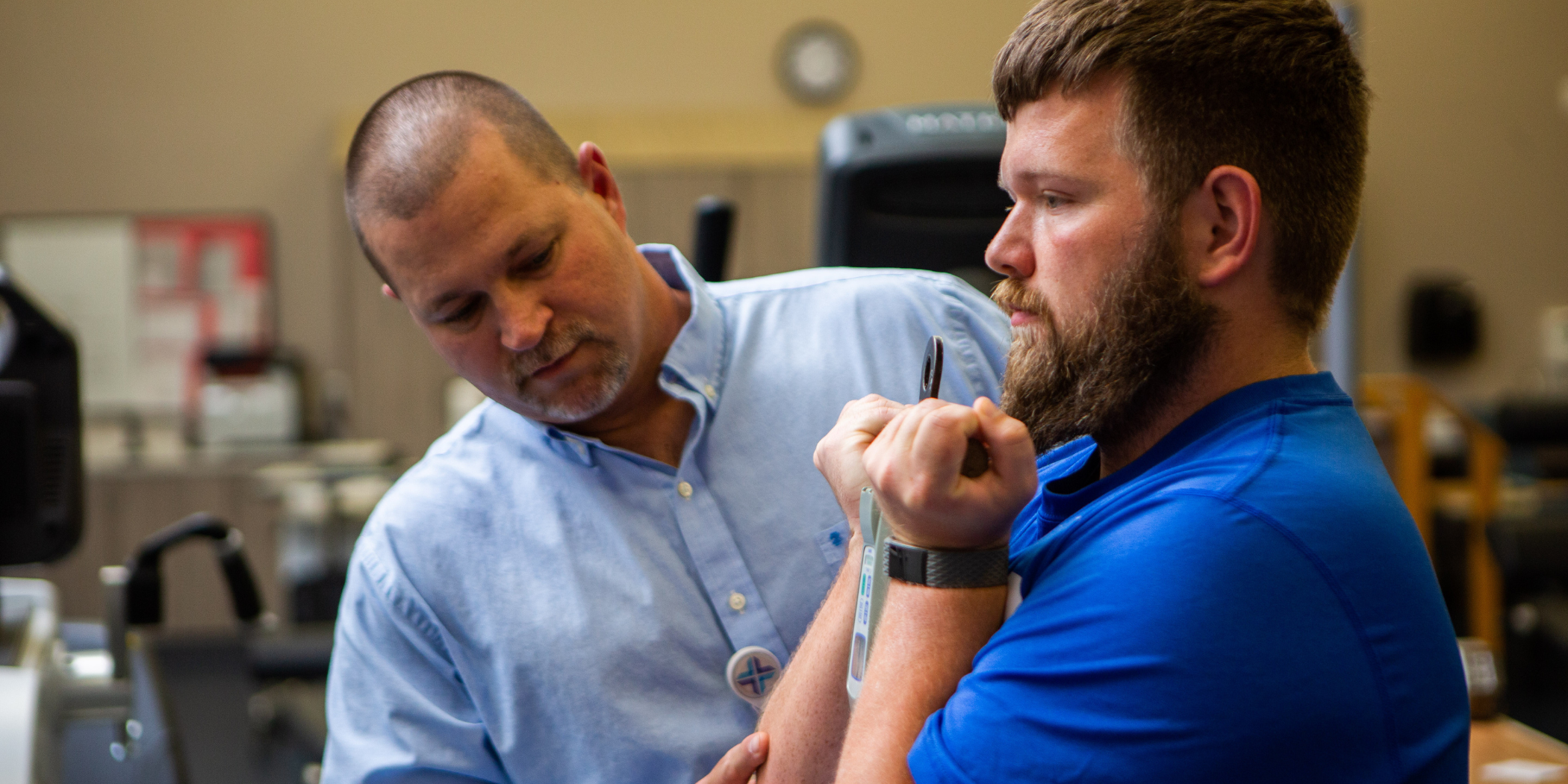
A surprising new risk factor for head and neck cancer
For many years, the most significant risk factors for head and neck cancers have been alcohol and tobacco use. This is still true for 75 percent of all head and neck cancer cases, but recently a different and somewhat surprising risk factor has been identified. A virus called the human papillomavirus (HPV) is causing a new and rapidly increasing subset of head and neck cancers.
HPV is a virus that started gaining attention in 2006 when the FDA approved the HPV vaccine for pre-teen girls and boys to aid in prevention of cervical cancer.
HPV is the most common sexually transmitted infection – so common that nearly all sexually active men and women get it at some point in their lives, according to the Centers for Disease Control and Prevention.
There are many different types of HPV, and most people do not ever know they are infected because they never develop symptoms, and the virus goes away on its own. However, when HPV does not go away, it can cause health problems like genital warts and cancer.
It is unknown why some people are able to get rid of HPV before it causes cancer, and why others cannot. Cancers caused by HPV can sometimes take years, even decades, to develop after a person is exposed to the virus.
HPV-related head and neck cancer is on the rise, and some experts are predicting an epidemic in the next decade.
This type of head and neck cancer defies all stereotypes — it develops in a younger population, regardless of alcohol or tobacco use, and can be transmitted by oral sex.
Many doctors agree that the HPV vaccine should be offered to all children in the appropriate age range, prior to HPV exposure, regardless of gender.
Head and neck cancer includes cancers of the mouth, nose, sinuses, salivary glands, throat and lymph nodes in the neck. Most begin in the moist tissues that line the mouth, nose, and throat. Symptoms include:
- A lump or sore that does not heal.
- A sore throat that does not go away.
- Trouble swallowing.
- A change or hoarseness in the voice.
Play it safe. If you detect warning signs of head and neck cancer, see your doctor immediately. When found early, many cancers in the head and neck can be cured.
In the meantime if you smoke, consider quitting, and talk to your child's doctor about the HPV vaccination for boys and girls because the vaccine is only effective if given before HPV exposure occurs.












